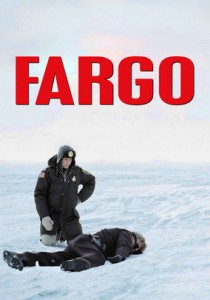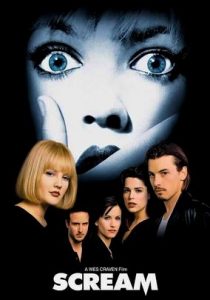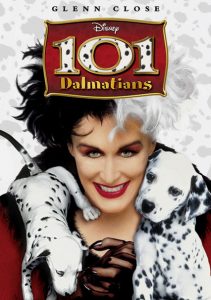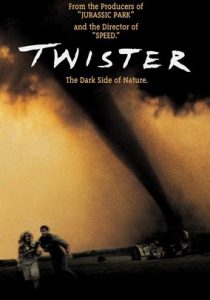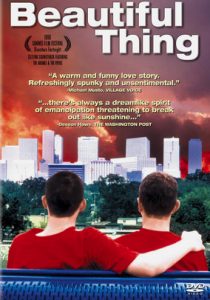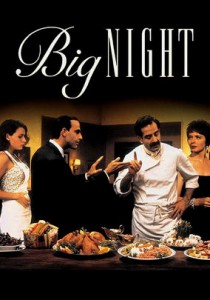Fargo-1996
Director Joel Coen and Ethan Coen
Starring Frances McDormand, William H. Macy
Top 250 Films #66
Scott’s Review #366
Reviewed January 9, 2016
Grade: A
Fargo (1996) is a treasure as far as I’m concerned, and the role that deservedly propelled Frances McDormand to the forefront of the film audience’s minds, not to mention a gold statue for Best Actress.
The film epitomizes dark humor and zany freshness during a time in cinema when originality was emerging and independent films were growing in popularity.
Fargo led the pack.
The film suffers from some derision by locals in and around the upper Midwest U.S.A. for its depiction of accents —perhaps overdone, but hysterical all the same.
Set against the snowy and icy locales, the film effectively conveys a harsh and small-town atmosphere.
The introduction of a crime, initially done innocently, escalates out of control.
Fargo is a part caper, part thriller, and part adventure, and is a layered, cool film.
The fact that the time is 1987 is excellent. The cars, the Oldsmobile dealership, all work particularly.
McDormand plays a local Police Chief- Marge Gunderson, very pregnant, who stumbles upon the crime and slowly unravels the mystery.
All the while, the character keeps her cool, cracks jokes, and emits witty one-liner after another, presenting a slightly dim-witted image, but brilliantly deducing the aspects of the crime.
William H. Macy, in 1996 largely unknown, is perfectly cast as a car salesman, Jerry Lundegaard. Nervous, and shaky, yet with down-home respectability, he hatches a plot to have his wife kidnapped, the ransom to be paid by her wealthy father, enabling Jerry to pay off an enormous embezzling debt, and splitting the money with the kidnappers.
Predictably, things go awry and spiral out of control.
I love how the film crosses genres and is tough to label- is it a crime drama, a thriller, or a comedy? A bit of each which is the brilliance of it.
Fargo (1996) is an odd, little piece of art, and is remembered as one of the best films of the 1990s, making a star out of Frances McDormand.
Oscar Nominations: 2 wins-Best Picture, Best Director-Joel Coen, Best Actress-Frances McDormand (won), Best Supporting Actor-William H. Macy, Best Screenplay Written Directly for the Screen (won), Best Cinematography, Best Film Editing
Independent Spirit Award Nominations: 6 wins-Best Feature (won), Best Director-Joel Coen (won), Best Male Lead-William H. Macy (won), Best Female Lead-Frances McDormand (won), Best Screenplay (won), Best Cinematography (won)
